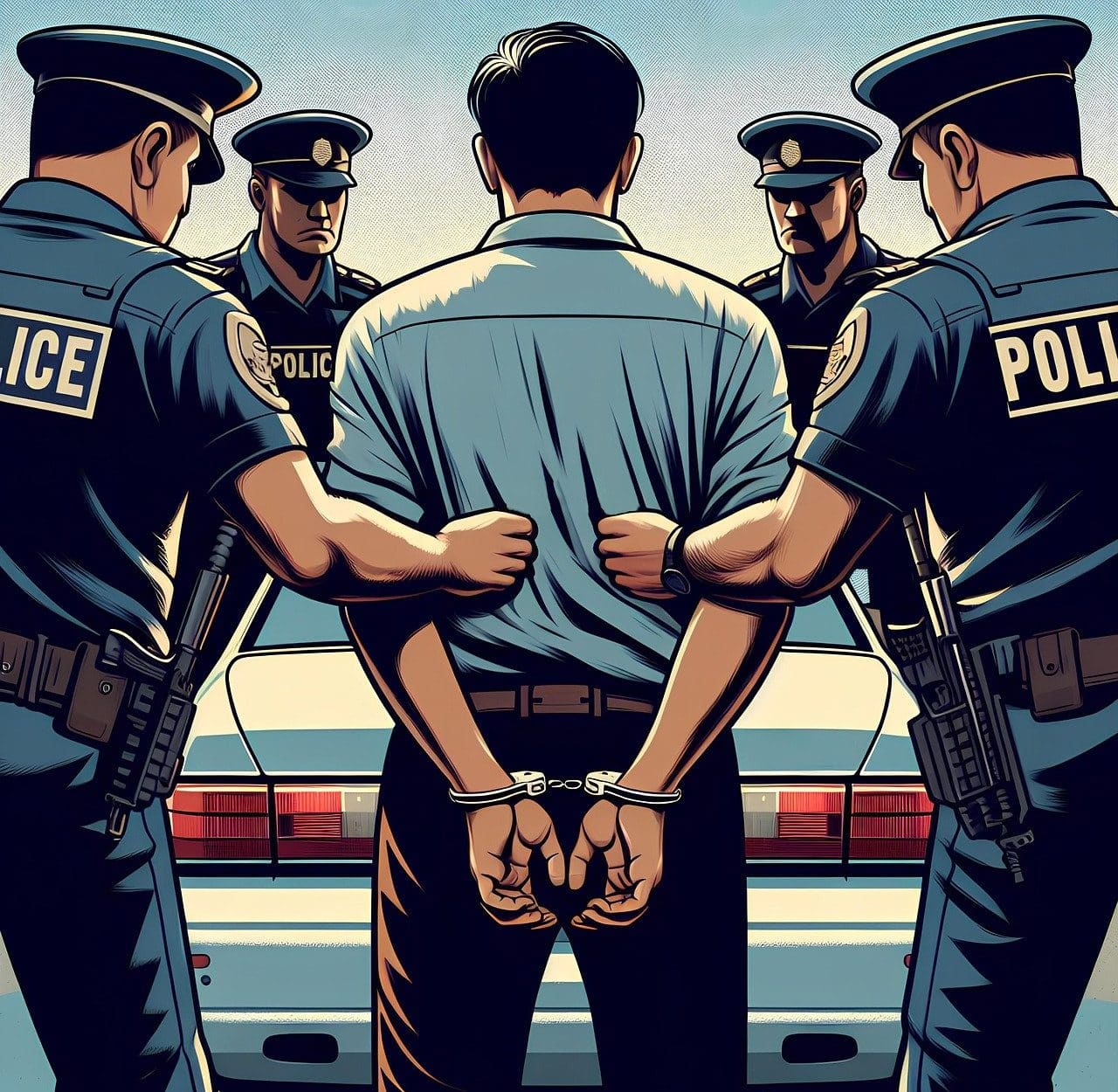
The detention of a person by a security force is called arrest.
Arrest is the act of arresting : preventing a person from moving freely. This verb can also refer to taking a risk or deciding to perform a certain action.
The most common use of the concept, however, is associated with the arrest and deprivation of liberty of an individual. Arrest is a measure that can be decided by a judicial authority or a police force. In the first case, it is a decision linked to a criminal process so that an act is carried out or as a punishment. The police, for their part, can decide to arrest when they find an individual committing a crime.
What is an arrest
It can be said that arrest is a legal way of depriving a human being of his freedom. The arrested person remains at the disposal of the State according to the conditions established by law .
Many times the arrest requires the immobilization of the person to prevent them from fleeing. In this case, handcuffs are usually used so that the arrested person cannot use his hands and thus his movements are difficult. Once arrested, the subject is usually taken to a police station, although there is also the option of house arrest (the arrested person is deprived of his or her freedom inside his or her own home).

Arrest is a legal mechanism to deprive someone of their liberty under certain circumstances.
A citizen action
In the United States , any person can arrest or detain a criminal if they consider that in this way they can protect a third party and collaborate with the resolution of the case once the police force arrives. Likewise, it is permitted to use force to prevent the suspect from fleeing, although always within the framework of reason.
Although the concept of citizen's arrest exists legally in the United States, there are increasingly more cases internationally that are published through social networks of people uniting in the streets to arrest criminals in the absence of law enforcement. authorities .
Before carrying out a citizen's arrest, it is important to analyze the situation to know if we have the necessary resources to carry it out successfully and avoid being injured or incurring a crime due to excessive force. First of all, it is recommended to act only if we have witnessed the attack, since otherwise we will not be able to justify our actions to the police.
In some regions, citizen arrest is only valid if the crime observed is serious; For this reason, before proceeding with the arrest it is necessary to carefully study the scene applying appropriate legal knowledge. It should be noted that even the definition of "felony" itself varies from state to state, although the list typically includes murder, theft of property over a certain economic value, escape after causing a car accident, and rape. .
Within minor crimes there is a special category that brings together all those actions that may breach the peace, and in these cases it is possible to make a citizen's arrest. Among the most common examples are public intoxication and street fights. As always, before arresting someone it is important to ensure that you have seen them commit the crime.
Before approaching a criminal we must evaluate their physical strength and check if they are carrying weapons, since it is not a good idea to intervene if this could endanger us and those around us.
Arrest as determination
Arrest, on the other hand, can be the determination or courage to do something.
For example: “I still have arrests to continue fighting,” “If Margarita had arrests, the situation would be different since she would not allow these things to happen.”
